After teaching Pre-K and Kindergarten (working with students who had little/no writing experience), I moved up to 1st/2nd grade.
I was excited to work with more advanced writers! They came to me with writing experience! Woohoo!
But I quickly learned two things:
- Having experience is good!
- Having experience is bad!
So what do I mean by this seemingly-contradictory statement?
I mean that launching your writing workshop in first or second grade can be so much fun (and not to mention much easier than launching it in Kinder!) because most of your kids come to you knowing what writing is. You can begin showing them – fairly quickly – how to share their stories and express themselves through writing. You don’t have to teach them not to eat the crayons (well, hopefully…).
I also mean that launching writing workshop in first or second grade can be more challenging than doing so in Kinder. Some of our little ones come to us with “writing baggage.” They may believe that writing is boring or tedious. They may not feel confident in their own abilities. Or they may have grown used to an approach that’s different from the one you intend to use with them.
But be it good or bad or somewhere in between, most of our 1st and 2nd graders show up with a “writing past.” And in today’s post, I’ll walk you through how I launch my first or second grade writing workshop. I’ll describe how I take into account students’ writing pasts, while simultaneously establishing fresh expectations and setting the tone for a positive and productive year in writing workshop!
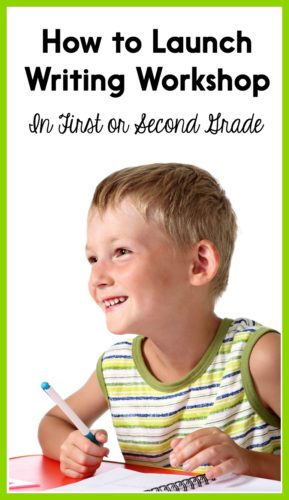
Photo Credit, Larisa Lofitskaya, Shutterstock
Starting At The Very Beginning
Even if we know that our first or second grade students have had wonderful writing teachers in the past and are familiar with the writing workshop routines, we still need to start with the basics.
On the day that I start writing workshop (usually the second or third day of school), I take time to explain what the writing workshop is, as well as the purpose of writing. I explain the daily schedule (minilesson, independent writing time, and sharing time) and tell them that I intend to give them LOTS of time to write, as well as to choose topics to write about that are important to them. I ask students to discuss why people write. I also talk about how important practice is “getting good” at writing, and also feeling good about yourself as a writer.
Then, I begin to teach students the procedures and routines of writing workshop. I teach just a few things each day, however – I do not explain everything at once! Even kids who have previous writing experience do better when I introduce just one small routine at a time.
During the first week or two, I like to choose one “teaching point” for our minilesson. I model the skill or procedure, I have a student or a couple of students practice it (or the whole class, if possible), and then I focus on reinforcing that skill or procedure while students write independently.
I also like to incorporate “mid-workshop teaching points.” I teach the primary minilesson and then have students write for a bit. About halfway through independent writing time, I ask for their attention. I teach another skill or procedure of the workshop (preferably related to the first lesson of the day). Then, students go back to writing. Not only does this allow me to teach more than one skill a day, but it also gives students a break as they learn to build (or re-build) writing stamina.
So what are these minilessons I teach? Here are some examples:
- How to use writing tools (pencils, crayons, colored pencils) safely
- How to access and store writing tools in our classroom
- How to access and store writing paper in our classroom
- How to use our writing folders (click HERE to read more about how I use writing folders in my classroom)
- How to get help while writing
- How to participate in a writing conference with the teacher
- Where to get ideas for writing
- How to spell words independently
For complete minilessons (on launching your workshop and writing throughout the year), read more about my writing units here.
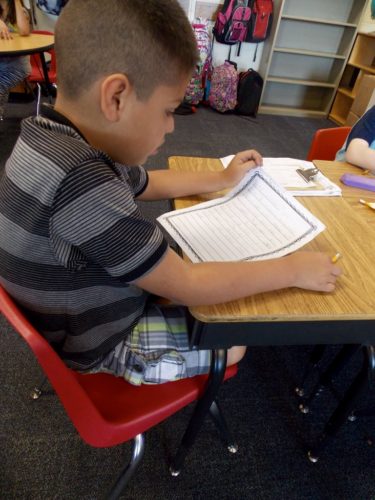
Setting High Expectations From The Start
At the beginning of the school year, our students try to test the waters. They want to see how much they can “get away with.” I don’t mean this in a negative way, or that they are being naughty! Our kids honestly need to know how much work they are expected to do in our classrooms. (Don’t we have the same need in our own jobs? When I start at a new school, I need to figure out if I have bus duty every day – because if I don’t, you can bet that I’m only going to be out there on my assigned weeks!!)
Anyway. Those first few weeks of school are SO crucial in establishing high expectations for our students (both in general, and when it comes to writing).
To help students understand just how much I expect of them, for the first month of school, I do not:
- Spell words for students
- Provide super specific writing prompts
- Give students sentence frames or sentence starters to complete during writing workshop
Creating Spelling Independence
I often have many students ask me how to spell words on the first day or days of school. Instead of just giving them words, I begin teaching strategies, like…
- Stretch out a word and listen for the sounds
- Use an alphabet chart to find the letter that represents a sound
- Use a word wall or personal dictionary
- Think about a similar word or spelling pattern you know
- Give it a go and then move on
If we aren’t careful, kids will begin to expect us to spell all tricky words for them! That’s why I have a strict “no spelling words” policy for the first weeks of school. Because I’m definitely not going to get anything productive done if I spend writing workshop time running between students and spelling words for them!
Avoiding Dependence On Prompts
On the first day of school, I might ask kids to write about their summers, or tell me a little about themselves through writing. But then the prompts stop. Completely.
Throughout the year, when I teach writing workshop, I specify a genre and ask students to choose topics within that genre (read more about how I do that here).
So if I start out the year by giving kids prompts like, “What is your favorite part of the school day?” or “Write about a time when you felt very sad,” they become dependent upon those prompts. And when I don’t provide a prompt, that really stresses them out.
For this reason, I don’t provide any specific prompts for at least the first month of school. I’m not saying that I never give prompts – because I definitely do! But I want students to first learn how to brainstorm ideas and choose a topic independently. Once they can do so, I know that it’s okay to give them prompts here or there.
Avoiding Dependence on Sentence Frames and Sentence Starters
Just as I do with prompts, I work hard to prevent students from becoming dependent upon sentence frames or sentence starters (i.e. finishing the sentence, “I am happy when…”).
I’m ELL certified, so I totally understand the values of sentence frames and sentence starters (especially for partner talk and ELL students). But if I start out the year by giving students these supports all the time, they will come to expect those supports.
I avoid providing sentence frames and sentence starters for a month or so of school. Then, if students would benefit from using these tools as a support, I introduce them.
Building Stamina
Although I maintain high expectations for student independence, there are two areas where I don’t have high expectations at the beginning of the year:
- The amount of time students write independently
- The amount of writing students produce
Just like kids have to build reading stamina, they also have to build writing stamina. They are probably not used to writing for half an hour at a time – or maybe not even five minutes at a time! They need to learn to sustain their attention, remain on task, and even physically hold and use a pencil for an extended amount of time.
So I start small! I explain that we will start with just 5-10 minutes and build from there. I use a timer and increase the amount of time students write independently by 2-3 minutes each day. Graphing progress over time is fun, too!
If students are having trouble staying on task during independent writing, then I reduce writing time or break it up into two chunks. Taking a step back can help us move many steps forward in the end.
I also like to get my students invested in and excited about the amount of time they stay on task during independent writing time. We celebrate “milestones” like 15 or 30 minutes!
Similarly, I don’t demand that students produce lots of writing at the beginning of the school year. Drawing and labeling is a fine start – particularly with first graders. Over time, I teach students how to expand their writing. It’s a delicate balance, though – I never want to emphasize quantity over quality.
Addressing Students’ Writing Pasts
Students’ writing pasts will inevitably show up during those first days and weeks of school. We can often tell immediately which kids have had positive experiences with writing, and which kids need to grow their love for writing.
I try to set a positive tone with positive discussions during the first few days of workshop. I love to ask kids things like, “What do you love writing/drawing about?” or “Where is a cozy place that you’d love to write?” or “What are you most proud about your own writing?” Partner conversations and whole class discussions can go a long way in getting kids excited about writing.
However, when a child does make a negative comment (like, “I don’t like to write,” or “I can’t write”), I first try to acknowledge his feelings – instead of arguing or contradicting him. I then move on – and quickly. I want to acknowledge students’ feelings without dwelling on them. Because the beginning of the school year is an excellent opportunity for a fresh start!
Here’s an example of how I might respond to a students negative remark about writing:
“I understand. Sometimes kids feel like they don’t like writing at the beginning of the school year. But I promise that we will do lots of FUN writing, and you will start to feel good about yourself as a writer. Now let’s take a look at your story – is there a funny part you want to tell me about?”
If a child continues to make negative comments or complain, I eventually ignore it. I try to refocus the child’s attention on something (anything!) positive about the writing task at hand. If a child is having difficulty, I teach strategies and give compliments about what he is doing well.
I know there are always extreme cases, but these strategies have worked for me with every child – every year. When I focus on the positives, I find that most kids tend to do the same. I work hard to create a classroom culture that values writing, and where prolific writing is the norm rather than the exception.
What’s Next?
Launching writing workshop without the guidance of lesson plans is like trying to get dressed in the dark – you’re not quite sure how it’s going to turn out, and it might not be pretty! ?
If you’d like to get access to complete lesson plans so you can launch with confidence AND save yourself a ton of time, check out any of my bundles by clicking on the images below.
These bundles have “done for you” lesson plans to help ease your students into the writing workshop routines AND learn to love writing!
One teacher said: “I wish I could rate this higher! This writing curriculum has not only increased my students’ love of writing, it has increased my love of teaching writing. The lessons are simple yet rigorous.”
Check out my Kindergarten, first grade, and second grade writing bundles here:
Happy teaching!
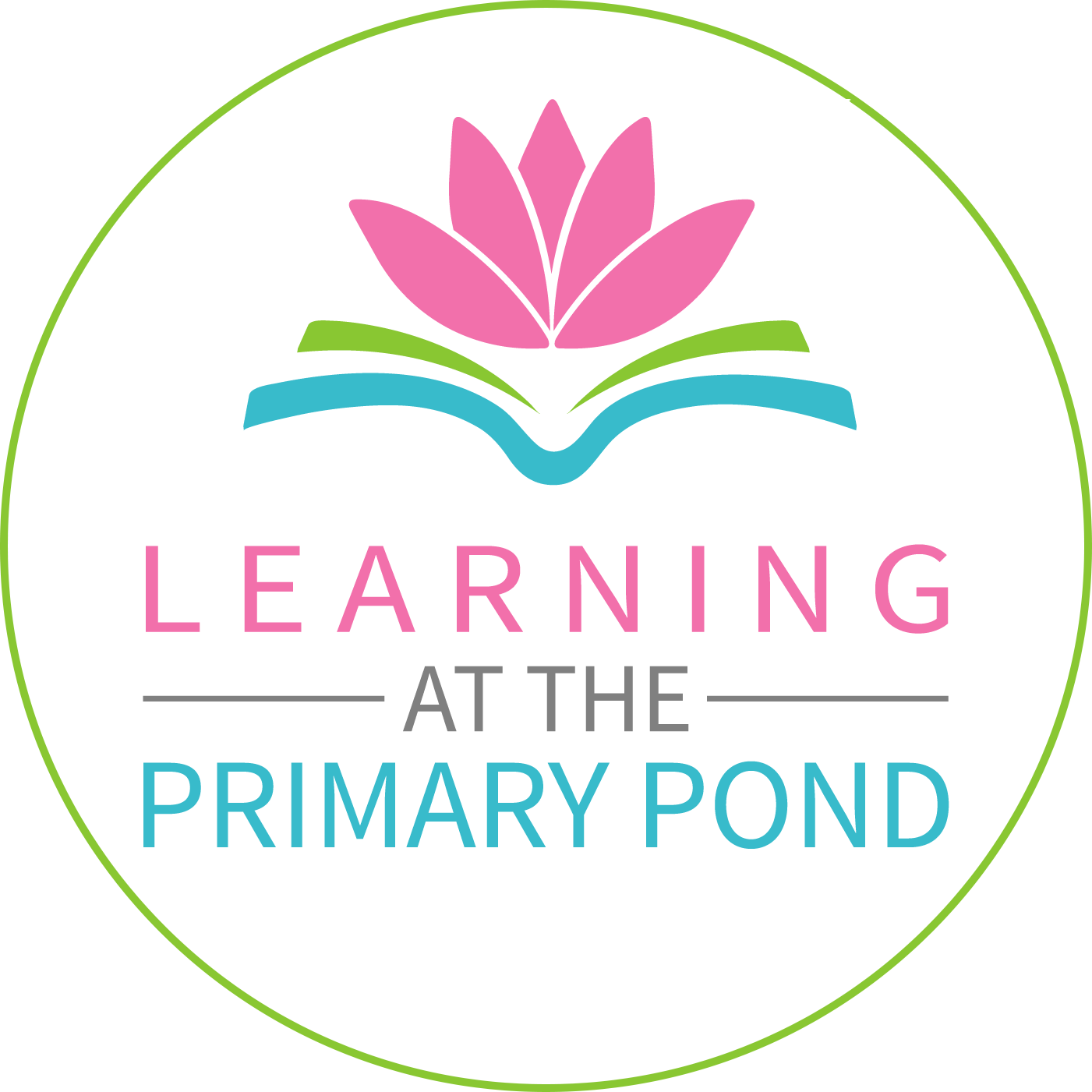
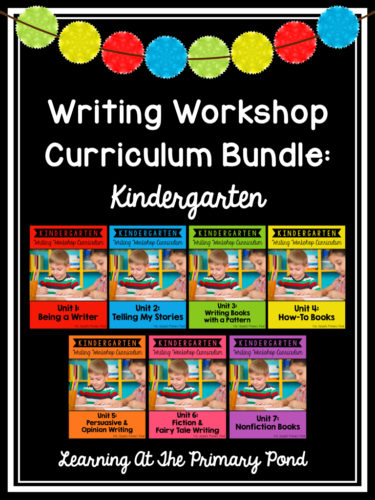
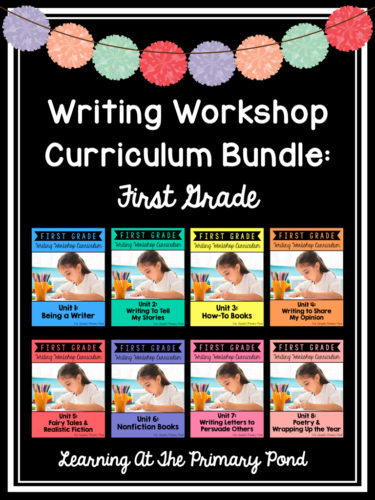
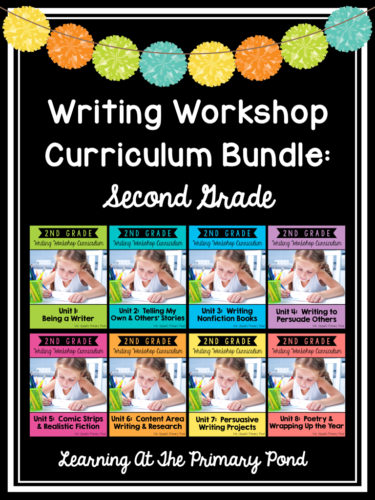

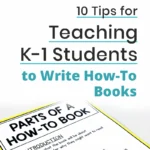
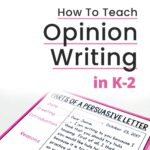
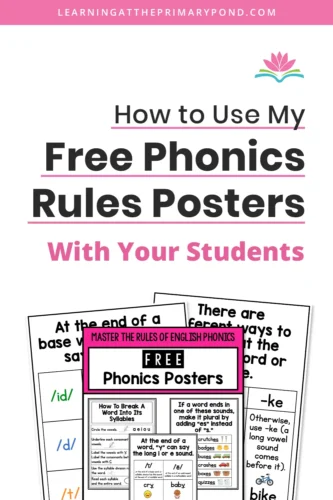
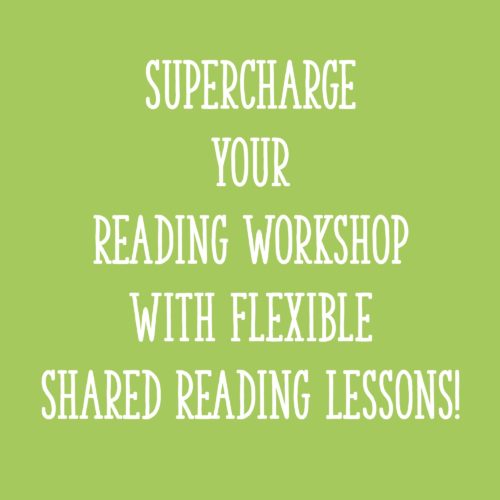
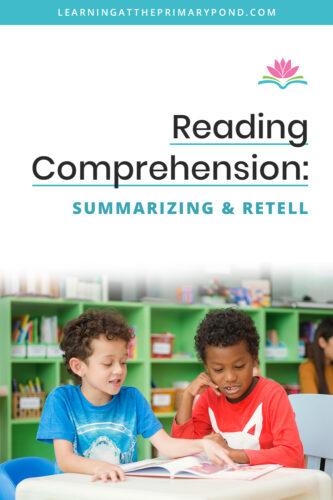

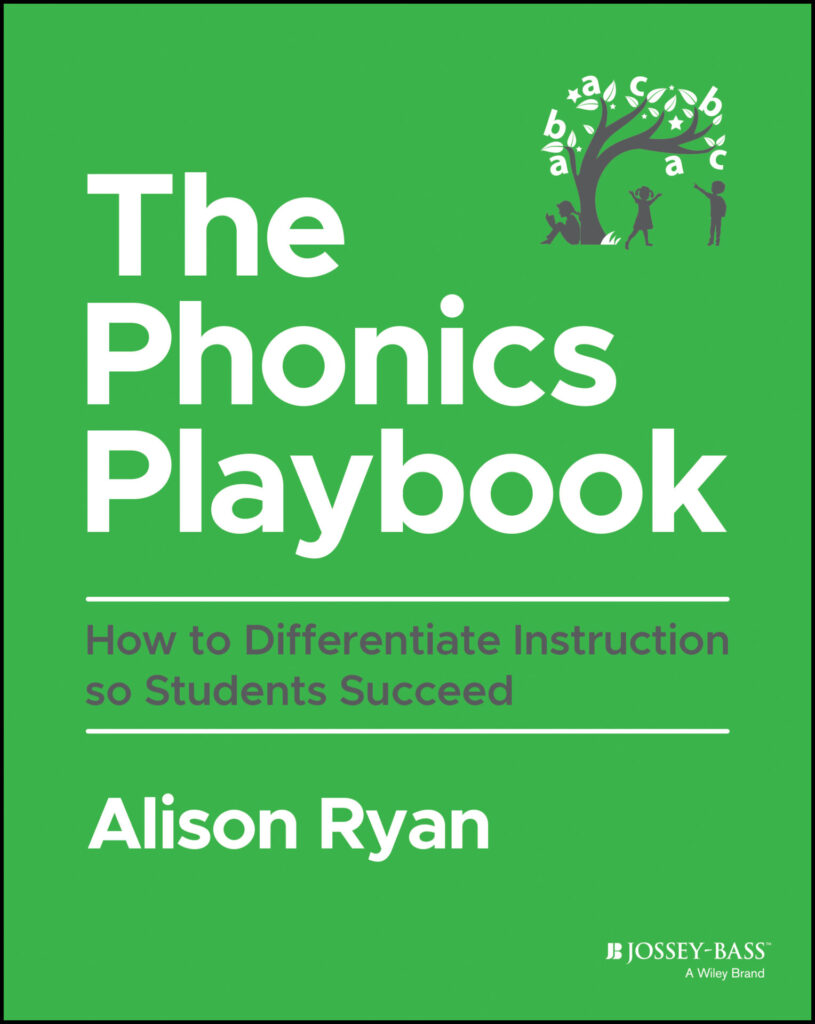
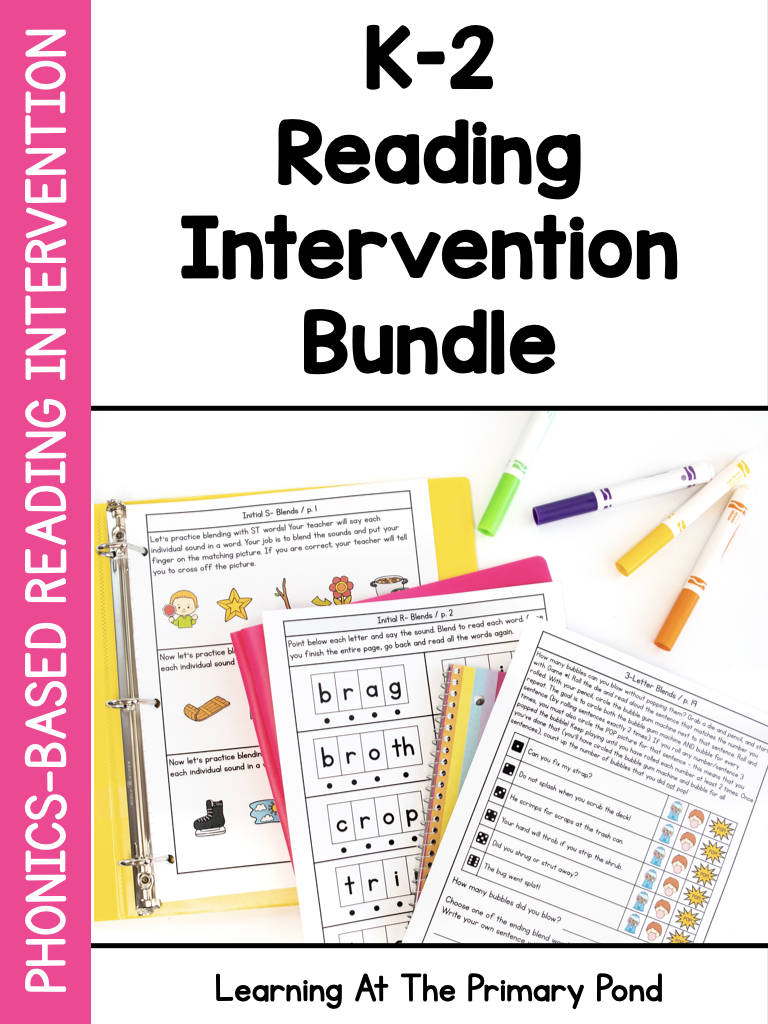
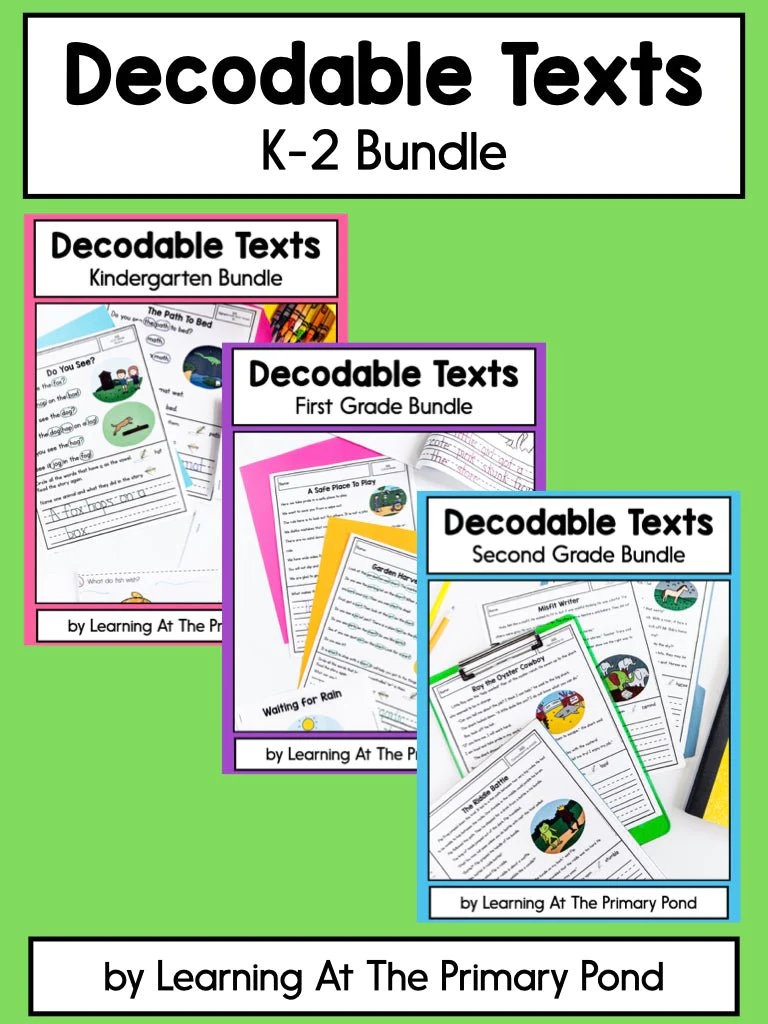

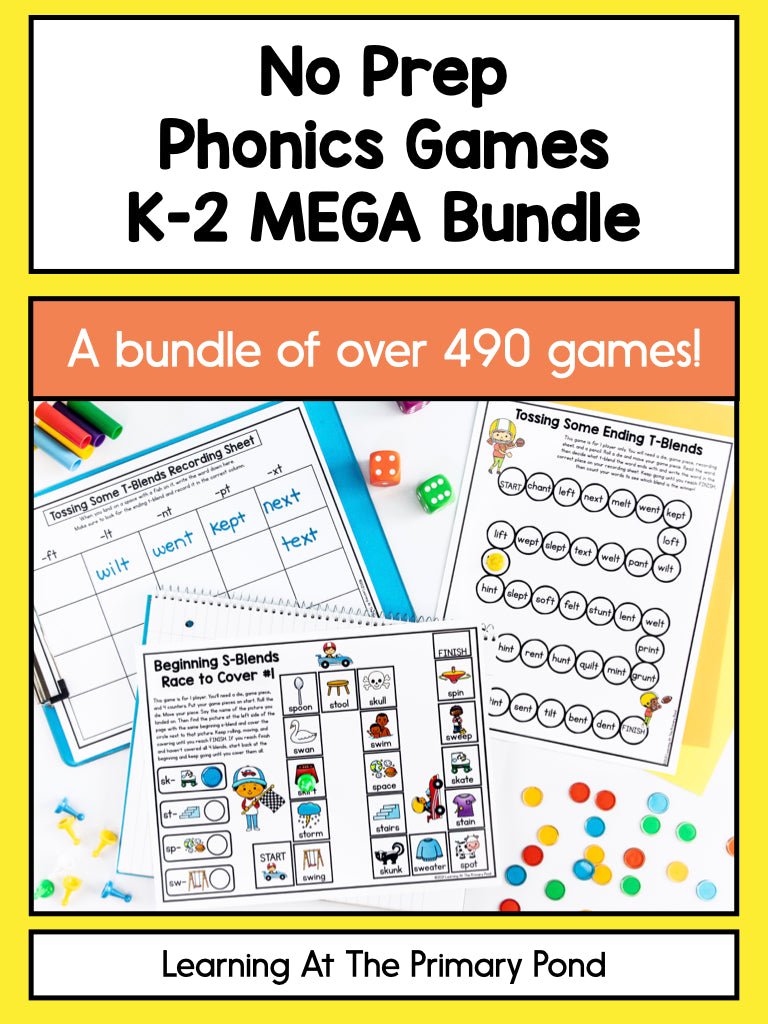
I am loving your stuff. I have been teaching intermediate grades for 23 years and was just transferred to 1st grade. I need all the help I can get!
Oh wow, Dana – that’s a big change! I’m sure you will do great though! I have lots of posts from the last 3-4 years – use the categories on the right side to find more posts and freebies 🙂
Alison
Teaching writing is something I struggle with. The tips above are great. I spent a chunk of time this summer coming up with fun prompts, but your point about depending on them hit home – I had a student a few years ago who panicked when he had to come up with something original. Thank you for your help!
I personally do not spell words for students because I want them to use a strategy, but my grade level does since they want them to see the patterns and not develop habits. Is there a benefit to both? I am new to second. Thanks!
Hi there! I think it depends on how often the teacher is spelling words for kids. If kids are constantly coming up and asking, I’m not sure how the teacher would have time to do any other sort of helping or teaching during independent writing time – or any other activity that involves writing? But if it’s a matter of correcting words occasionally, or having students go thru their writing and check for word patterns they might need to use, or helping kids fix up their writing before publishing, then I do think that can be helpful. 🙂
Alison
Would you consider adding a twitter link to your blog? I love it and want to share it with my colleagues! We use twitter as a professional learning tool in our district and want to share your ideas with others!
Hi Laura! Thanks for the suggestion! I am not sure how to do it but will definitely look into it 🙂
Alison
I attended your webinar for Launching Your K-2 Writing Workshop and got so many ideas. I’m interested in using stapled 3 page booklets that you suggested. Would you happen to have a picture of what you use? I’m trying to picture it to figure out what I can use.
Sure, Megan! Emailing you now 🙂
Alison
I tried to watch your video on webinar but did not know how to get on to watch the video. please tell me how to get on webinar to watch the video.
thanks
Hi Gloria! When you sign up for a webinar, you’ll receive a link via email. You just click the link at the time of the webinar, and then it takes you to the correct page. Using a desktop or laptop computer and the Chrome browser works best!
Alison
I would like to be included in your webinars.
Hey Jennifer! The sign-ups for my summer webinars are here:
https://learningattheprimarypond.com/upcoming-free-workshops-learning-primary-pond/
Hope you can join us!!
Alison
Are you doing another webinar anytime soon?
Hey Lisa, yes! 🙂 I update the live webinar dates here: https://learningattheprimarypond.com/upcoming-free-workshops-learning-primary-pond/
Alison